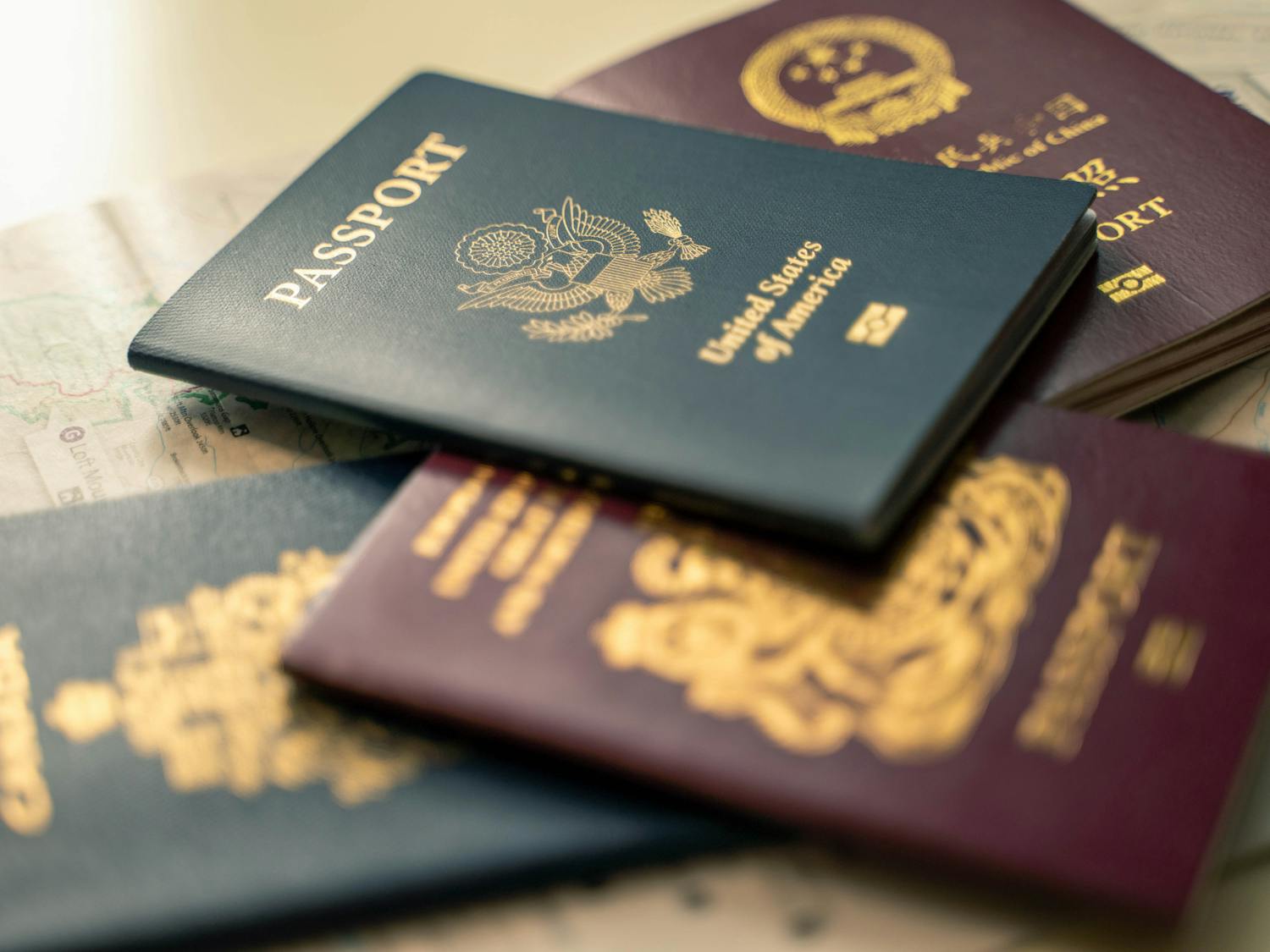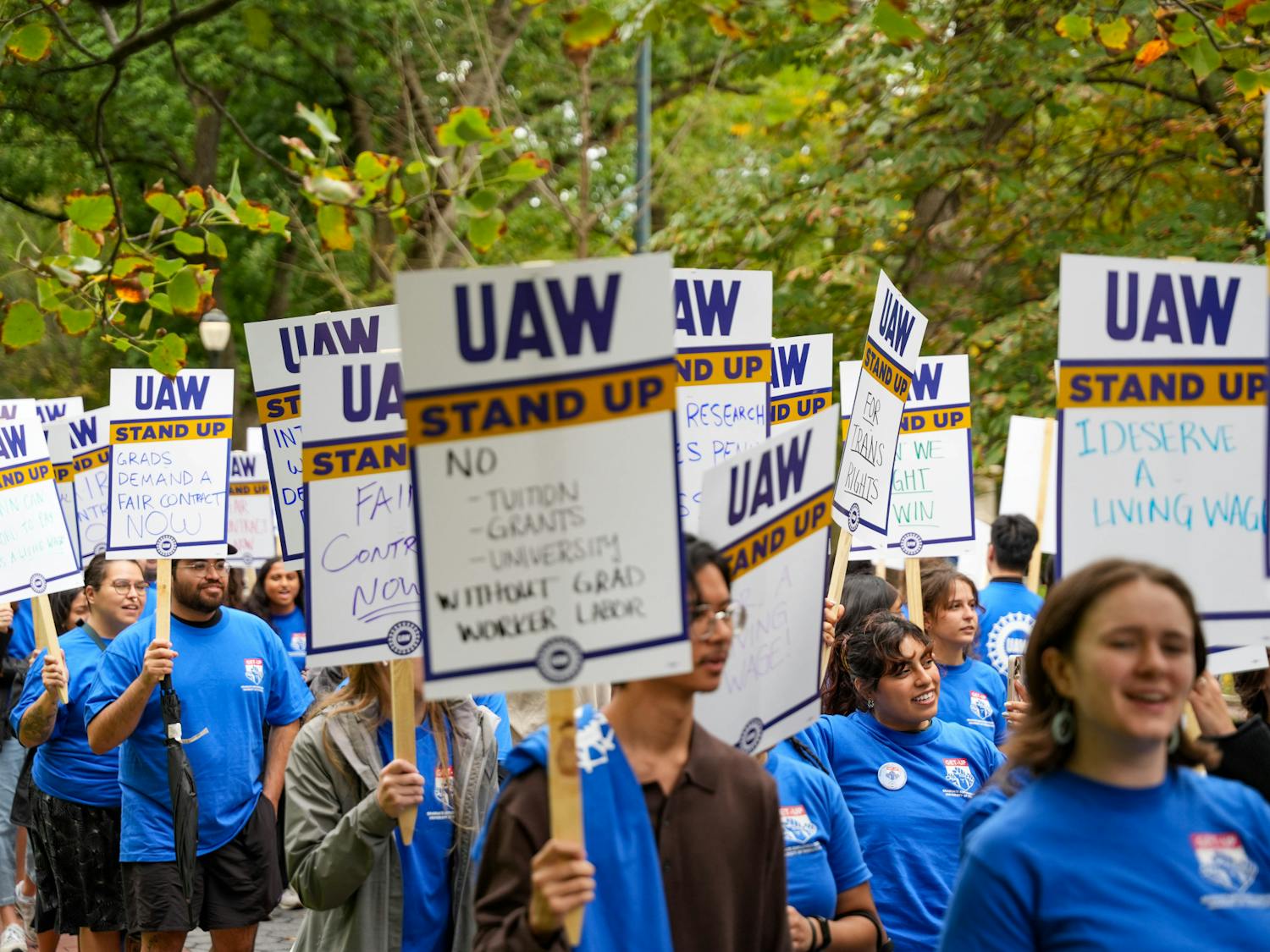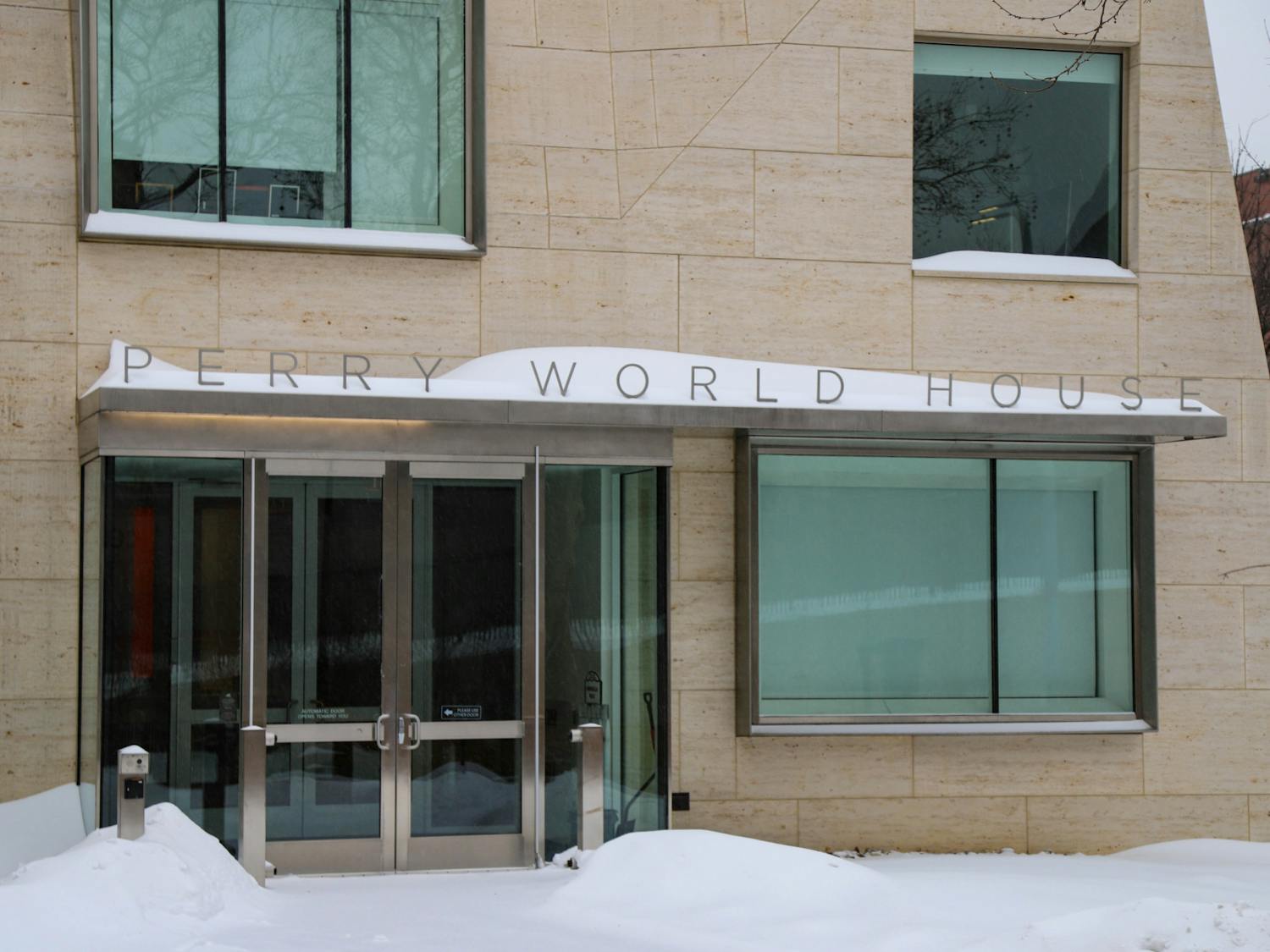Penn students face insecurity and frustration following the Department of Homeland Security’s recent policy that restricts passengers flying into the United States from 10 airports in the Middle East and North Africa from carrying large electronic devices on planes.
On Tuesday, DHS announced that individuals flying from major airports in Egypt, Jordan, Turkey, Qatar, Kuwait, Saudi Arabia, United Arab Emirates and Morocco will not be permitted to carry electronic devices larger than a smartphone on planes. Items such as tablets, laptops, cameras and portable DVD players must now be placed in checked luggage.
The new policy was put into effect following reports that militant groups intend to smuggle explosives in electronic devices. The United Kingdom has imposed a similar policy for planes coming in from Jordan, Egypt, Saudi Arabia, Lebanon and Tunisia.
Officials stated that this restriction is not related to President Donald Trump’s efforts to implement an immigration ban on six majority-Muslim nations, CNBC reported.
College junior Serena Tibrewala said that although she is French and has not yet been directly affected by immigration policies, the new restriction made her feel more uncertain of her future at Penn.
“Whenever a new policy comes out, a part of me gets so scared that my time here is done,” Tibrewala said. “Tomorrow, it could be ‘if your name sounds foreign, meaning Muslim, you out.’ ”
Students interviewed for this article expressed gratitude that Penn has offered support for them, but doubt how much the University could do to help them.
“Concretely, it just seems like they can’t do much,” Tibrewala said. “It is nice to feel supported and valued by the organization and Penn’s environment but I don’t know if that’s enough for those people who were scared to go home or are still scared to travel back to those seven or nine countries.”
Wharton and Engineering junior Meghana Jayam, whose family is from Saudi Arabia, said she felt “angry and shocked” at the new policy but could not see what Penn would be able to do to help its students.
“I also really don’t think Penn can do anything about this issue,” Jayam said. “It’s basically up to the [Trump] administration.”
Director of International Student and Scholar Services Rodolfo Altamirano said the organization would not be able to give legal aid to students in regards to the new airport policy, as it does not fall under their jurisdiction.
“We are very supportive of our international students when it comes to the immigration and border policy,” Altamirano said. “However, when it comes to the laptops, it’s out of our jurisdiction. It’s out of our law.”
Executive Director of the Toll Public Interest Center Arlene Rivera Finkelstein said the center partnered with the Transnational Legal Clinic to provide individuals impacted by the policy with information and aid.
The center and the clinic are hosting a legal clinic this Friday at the Greenfield Intercultural Center from 11 a.m. to 2 p.m. to address questions on the executive orders and the new airport policy.
“As this situation evolves, we’ll do our best to provide the best help needed,” Finkelstein said. “[TPIC] has partnered with the Transnational Legal Clinic in order to provide the best information to individuals across the state and on our campus.”









